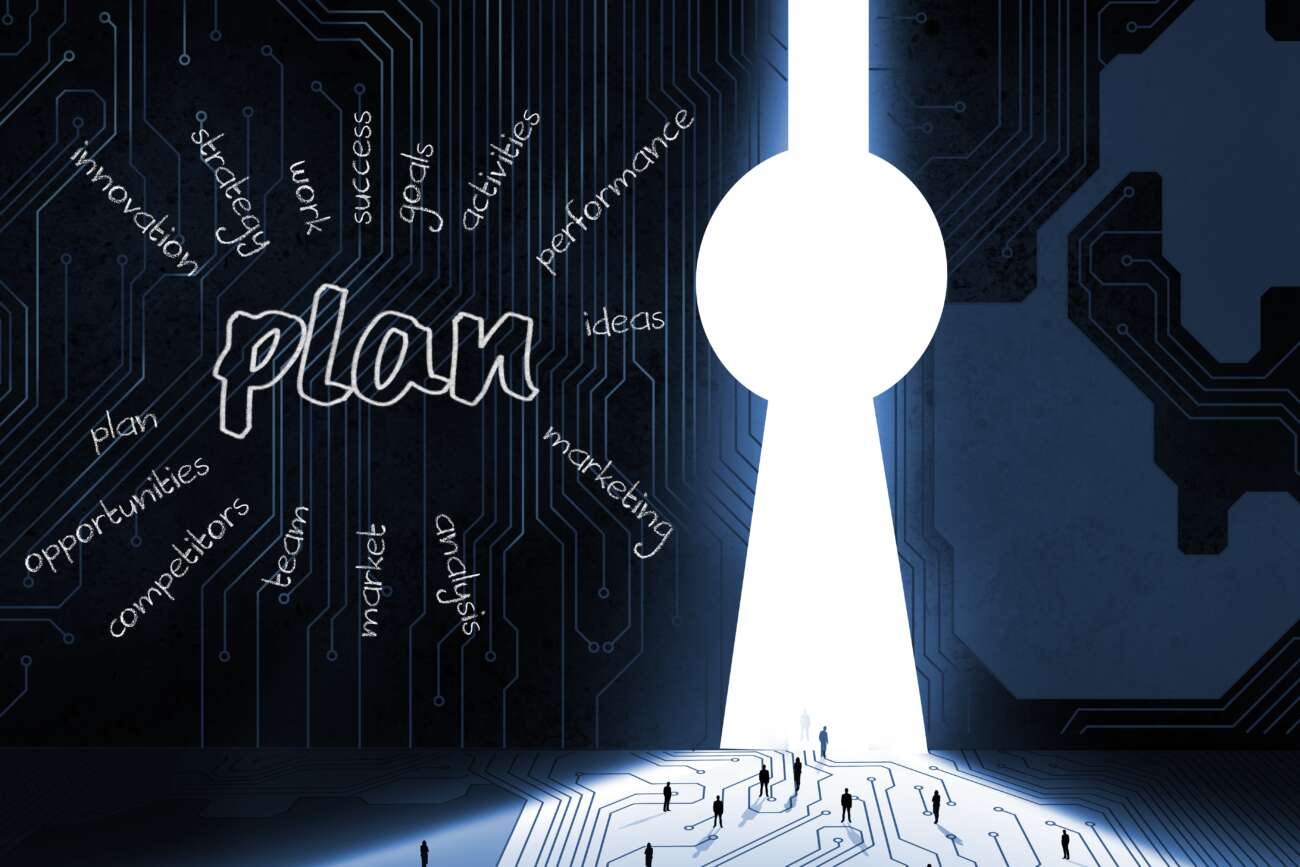Master the Basics: A Beginner’s Guide to Coding – Your First Step Toward a Tech Career
Introduction
In today’s digital world, coding is a skill that opens countless doors to opportunities. Whether you’re looking to build websites, develop software, or enter the rapidly-growing tech industry, understanding how to code is essential. But where do you start? In this blog, we will walk you through how to master the basics: a beginner’s guide to coding, making it easier for you to dive into this exciting journey.
What is Coding?
Coding, also known as programming, is the process of writing instructions for computers to perform specific tasks. These instructions are written in programming languages such as Python, JavaScript, and C++. Mastering the basics: a beginner’s guide to coding involves understanding these languages and how to structure your commands.
Why is Learning Coding Important?
Learning to code is more than just a professional skill; it’s a powerful tool that enhances problem-solving, creativity, and logical thinking. As technology advances, industries across the globe are constantly in need of skilled coders. By mastering the basics: a beginner’s guide to coding, you’re setting yourself up for a future where you can influence the digital world.
Step 1: Choose the Right Programming Language
Before you start, it’s essential to choose the programming language that suits your goals. As a beginner, we recommend starting with languages that are user-friendly and widely used in the industry:
- Python: Known for its simplicity, Python is widely used in data science, web development, and automation.
- JavaScript: If you’re interested in web development, JavaScript is essential as it’s used to create interactive websites.
- HTML & CSS: These are not programming languages but are essential for web design and building the structure of websites.
By mastering the basics: a beginner’s guide to coding in one of these languages, you can quickly get started with projects that will give you hands-on experience.
Step 2: Learn the Fundamental Concepts
To truly master coding, it’s important to grasp fundamental concepts, such as:
- Variables: These are like containers where you can store data.
- Data Types: Numbers, strings, and booleans are the basic data types you’ll use in coding.
- Loops: Loops are used to execute a block of code multiple times.
- Functions: Functions help organize your code into reusable blocks that perform specific tasks.
By mastering the basics: a beginner’s guide to coding, you’ll quickly learn to combine these elements to write functional programs.
Step 3: Practice, Practice, Practice
One of the most important parts of coding is consistent practice. As you learn new concepts, apply them through exercises, challenges, and small projects. Coding isn’t something you can just read about; you have to practice it hands-on. Platforms like Codecademy, freeCodeCamp, and LeetCode are great places to practice your coding skills and learn new concepts.
By mastering the basics: a beginner’s guide to coding, you will gradually become more comfortable with coding tasks and start solving real-world problems.
Step 4: Join Coding Communities
Engaging with fellow learners and experienced programmers is a great way to expand your knowledge. Online communities such as Stack Overflow, Reddit’s coding forums, and GitHub allow you to ask questions, share your projects, and learn from others. Being part of a community is invaluable when you’re trying to master the basics: a beginner’s guide to coding.
Step 5: Build Projects
Once you’re comfortable with the basics, it’s time to start building projects. Small projects like a personal website or a to-do list app can help solidify your knowledge and give you something tangible to show for your efforts. Building projects allows you to apply what you’ve learned and also gives you a portfolio to show potential employers or collaborators.
The Importance of Patience and Persistence
Coding can be challenging at times, and it’s natural to feel frustrated when things don’t go as planned. However, persistence and patience are key to success. Remember, every great programmer started where you are now. By mastering the basics: a beginner’s guide to coding, you’ll gradually build the skills needed to tackle more complex problems.
Conclusion
Congratulations! You’ve just taken the first step towards mastering the basics: a beginner’s guide to coding. Whether you want to create apps, work in AI, or become a web developer, mastering these basics is essential. Keep practicing, building, and engaging with the coding community, and you’ll see rapid progress on your coding journey.
Start today, and let Streaming Vibe be your guide to mastering coding!








Leave a Comment